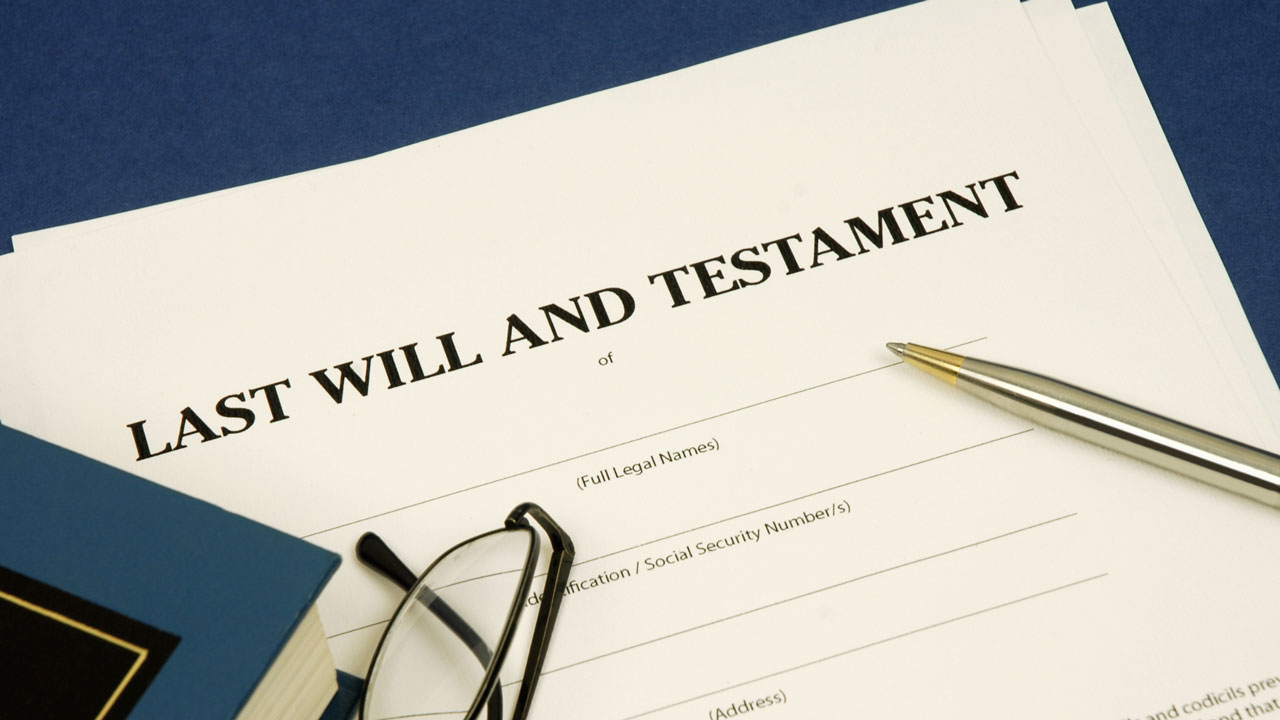Comprehending Criminal Justice: Perspectives from Legal Experts
Steering through the complexities of the law structure can often feel overwhelming for those who are not acquainted with it. Comprehending criminal legislation and its implications is essential for anyone who wants to defend their entitlements and make educated decisions. Whether you are facing criminal charges, addressing a family law matter, or seeking to file a personal injury claim, the support of an experienced attorney can make all the difference.
In this article, we will delve into important insights from attorneys that cover a broad spectrum of legal topics. Beginning with knowing when to hire an attorney to grasping what to anticipate during your first legal consultation, we will provide useful guidance that all individuals should be aware of. You will also discover about the frequent legal blunders people make and how to pick the right lawyer for your individual case. With real examples and advice tailored to various practice areas, this guide intends to empower you with the knowledge you need to manage your legal obstacles effectively.
Key Legal Advice
Steering through the judicial landscape can be daunting, but understanding a few key legal pieces of advice can significantly simplify that journey. First, at all times consult an lawyer when you are in a legal predicament. Whether it's a minor dispute or a major criminal charge, having a lawyer is important. Attorneys bring skills that can assist protect your entitlements and concerns, guiding you through intricate legal terminology and navigating the court process effectively.

A further key tip is to record everything pertaining to your case. This comprises maintaining documentation of discussions, messages, and any other correspondence. Strong evidence can be the difference between winning and failing a case. Being organized not only assists your attorney strategize but also makes certain you’re fully prepared for any court actions that may occur.
Furthermore, it is imperative to know your legal rights in different situations. For example, knowing your rights during a police stop or what to do if you're hurt in a car accident can empower you to make knowledgeable decisions. Awareness of your rights can assist you respond properly and decisively, ultimately supporting your position should legal action be necessary. ### Choosing the Right Attorney
Choosing the best attorney is vital for managing any legal matter successfully. Start by determining Trust litigation Plano of law that relates to your situation, whether it’s criminal defense, personal injury, domestic law, or business law. Every area has its own complexities, and a lawyer who specializes in your area will have specific expertise and experience that can greatly benefit your case. Invest time to look into attorneys with a specializing in your legal needs, as this can make a huge difference in the results you achieve.
Once you have filtered your options, consider the attorney's standing and past results. Look for online reviews, testimonials, and case results to evaluate their level of success and client contentment. Setting up consultations with potential lawyers will offer insights into their method, communication style, and how at ease you feel working with them. Trust and rapport are essential, as a good lawyer-client relationship can reduce the stress of the legal process.
Finally, it is crucial to discuss fees and billing arrangements upfront. Ensure that you understand how the attorney bills for their services, whether it's a fixed fee, hourly rate, or contingency fee. Transparency regarding cost expectations can prevent misunderstandings later on. Taking these factors into account will help you make an educated decision, leading to a partnership that bolsters your legal journey.
Grasping Lawful Systems
Piloting the judicial framework can be challenging, especially for those unfamiliar with its numerous aspects. The judicial procedure often begins once a controversy arises or an incident happens that requires lawful intervention. Understanding how a court case operates, from filing a claim to eventual outcomes, is vital for people contemplating legal action. It is crucial to know that not every lawsuits need go to court; many disputes can be resolved through discussion or agreement, which can conserve time and money.
Once a case is initiated, participants engage in a discovery phase where they swap information and data relevant to the case. This stage is vital as it sets the foundation for presenting cases in a trial. Parties must also be aware of the timeline involved, as legal processes can often require months or possibly longer before arriving at a resolution. Staying prepared at each stage can substantially influence the outcome of a lawsuit.
For those uncertain of their view in a legal situation, seeking advice from an lawyer can clarify whether they have a valid judicial claim. Judicial professionals analyze the information and proof, offering insights into the strength of the lawsuit and approaches for moving forward. This first evaluation can aid individuals make educated choices on how to move forward, whether this means going to trial or an alternative settlement.